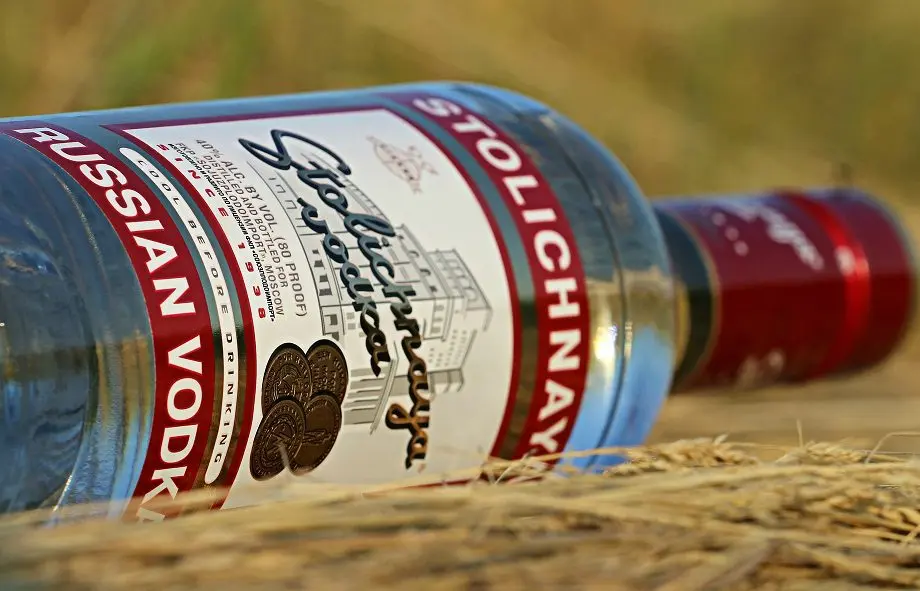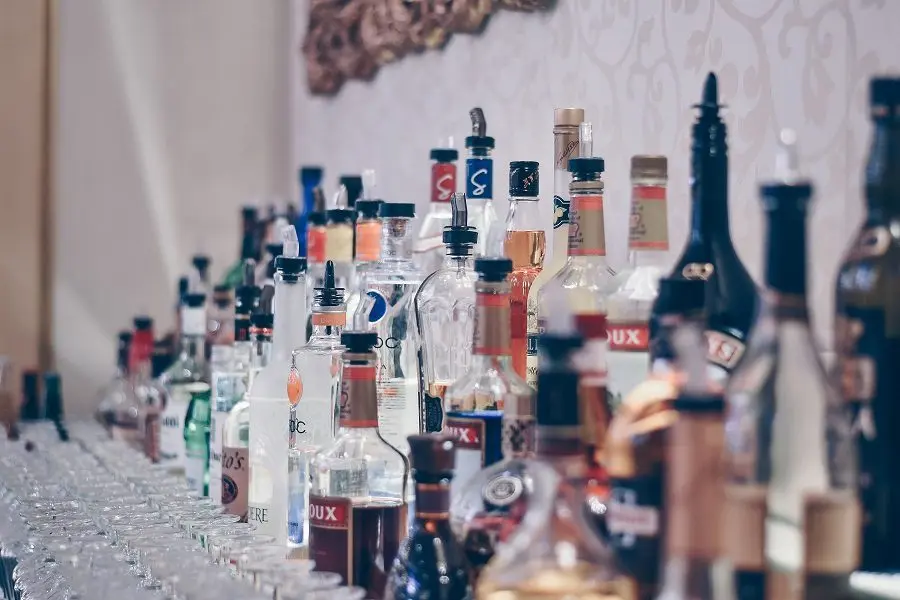Unlike whiskey and cognac, vodka is rarely bought in reserve, and opinions about the expiration date of the drink drastically differ. In Soviet times, it was believed that vodka spoiled within a year, today they talk about an unlimited shelf life of the drink. Next, we will figure out which opinion corresponds to the truth.
Shelf life of vodka
Soviet GOST established short shelf life for vodka:
- classical from alcohol and water – no more than a year;
- special, with additives to improve taste – six months;
- export – 5 years.
There were good reasons for the restrictions. Studies conducted in the late 1960s showed that the composition of vodka changes for the worse during long-term storage. During the experiments, scientists found that high temperature helps to activate the small amount of oxygen that remains in the bottles after bottling and capping. In drinks, the concentration of aldehyde and anhydrous alcohol increased, the volume decreased, and the concentration of ethanol decreased.

The composition of vodka was especially strongly influenced by its long-term contact with glass. The Soviet industry produced chemically resistant glass containers in limited quantities, so raw glass was used at the distillery. Alcohol destroyed the inner surface of the bottle, which led to the appearance of sediment and a deterioration in taste. The situation was aggravated by the repeated use of containers – the bottles were taken at recycling points, processed and put back into production. All these factors forced to establish a short shelf life of vodka.
After the collapse of the Soviet Union, the standards ceased to apply, and bottling dates disappeared from the labels, as the factories were allowed not to indicate them. With the advent of the law on consumer protection, the situation has changed. In 2003, a new standard was approved, which obliged manufacturers to independently determine the expiration date of their products, and place information on the label. In 2013, an unlimited shelf life was established for vodka.
Storage of vodka
Problems with the quality of glass containers are a thing of the past. Vodka is poured into chemically resistant glass, which the alcohol mixture cannot destroy. Fierce competition forces owners to modernize factories, comply with technologies and control product quality. Therefore, under certain conditions, vodka produced at a modern enterprise will not lose its organoleptic qualities even after several decades.
Vodka spoils only if storage rules are violated. To avoid loss of drink quality, unopened bottles should be kept in a darkened room with a temperature of 5 to 20 ° C. The best place is a refrigerator, cellar, and in winter – a warmed balcony. High temperatures and direct sunlight cause alcohol to evaporate and oxidize, leading to flavor deterioration over time.
Similar rules should be observed for open vodka. An open bottle should not be stored for more than 2-3 months, since the area of contact with air increases and oxidation proceeds faster. Over time, the drink can run out of steam and lose some of its strength.

It is strongly not recommended to pour vodka into plastic bottles, as alcohol will dissolve the material over time, and it will begin to release toxic compounds.
How to tell if vodka has gone bad
Risks cannot be ruled out during long-term storage of vodka. Even if the plant strictly follows the technology, the established rules can be violated by stores or transport companies. Classic varieties without additives suffer less from high temperatures and the sun. Special vodkas spoil faster, as the herbal ingredients in the composition serve as oxidation catalysts.
Signs by which you can notice that vodka is spoiled:
- the volume has decreased – the tightness of the cork is broken;
- a white coating appeared on the glass – poor composition of water;
- a precipitate fell out – it is typical for a counterfeit.
Evaporation of alcohol does not affect the quality of the product; such vodka can be drunk without harm to health. However, if the appearance changes, the appearance of an unusual smell from the drink should be disposed of.









